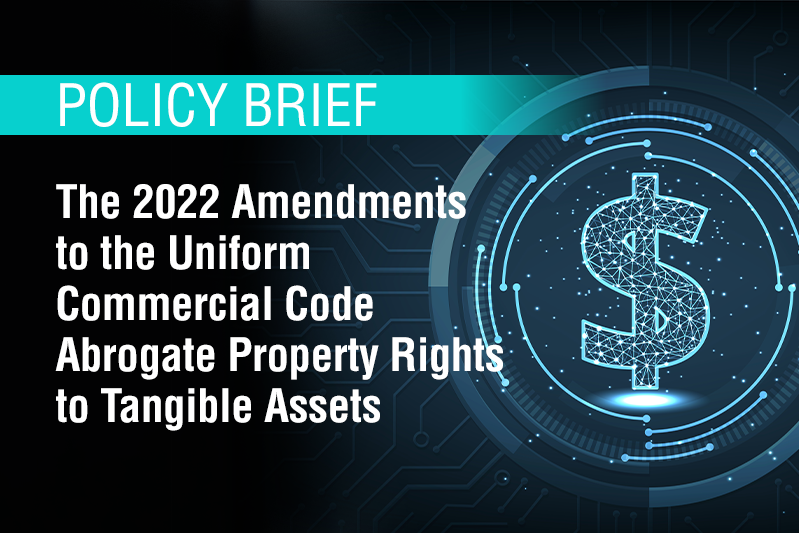With highway transportation networks in dire need of investment, either to keep from crumbling or address congestion, promising developments that offer fresh thinking to address the challenges recently have appeared.
These developments feature a growing role for the private sector, as demonstrated by a wave of laws allowing long-term concessions to private firms that believe they can make money tackling transportation issues. At least 20 states currently have these laws in place. At least three states–Indiana, Utah, and Virginia–have passed such legislation this year.
Chicago Started Trend
The first long-term deal in the United States between a government entity and a private consortium was reached in 2005. The City of Chicago netted $1.85 billion for a 99-year lease of the Chicago Skyway, an eight-mile stretch of toll road. Ever since that deal, there has been a flurry of interest and similar activity elsewhere.
Earlier this year, Indiana entered into a deal twice the size of Chicago’s. A $3.85 billion, 75-year lease of the 157-mile Indiana Toll Road was signed with a Spanish-Australian consortium. On March 15 Gov. Mitch Daniels (R) said, “We’re the only state, I think it’s safe to say, that has money in the bank, or will have, to fund the next set of investments [in transportation infrastructure].”
Officials in Indiana’s neighbor to the east, Ohio, apparently took note. Ken Blackwell, Ohio’s Secretary of State and Republican gubernatorial candidate in this fall’s election, has suggested leasing the Ohio Turnpike could net the state $4 billion to $6 billion.
Illinois lawmakers are likewise seriously discussing leasing state toll roads.
Virginia, Texas Weigh Initiatives
Virginia and Texas, often considered leaders on the privatization front, also are considering transportation privatization initiatives. The Virginia General Assembly passed legislation, which the governor recently signed, enabling long-term agreements similar to the ones in Indiana and Chicago.
The first candidate, the Dulles Toll Road (DTR), recently took a step backward. After receiving four proposals from private firms that would have netted the state about $1 billion, on top of significant capital upgrades, Virginia Gov. Tim Kaine (D) struck a deal giving control of DTR to the Metro Washington Airports Authority (MWAA). He said he did so to facilitate faster development of the Metrorail extension to Dulles airport.
The MWAA is a quasi-governmental authority established by the Commonwealth of Virginia, the District of Columbia, and federal law.
Most Republican lawmakers oppose Kaine’s deal. Virginia House Speaker William Howell (R-Stafford) has pledged to fight the governor’s plan because he favors the private deals that would net more revenue for the state.
In a March 31 news conference Howell called Kaine’s deal with the MWAA a “multibillion-dollar road giveaway with a stroke of the governor’s pen.”
Meanwhile, Harris County, Texas, which includes Houston, is conducting a feasibility study to consider a lease of its extensive toll network. In addition, the Texas Department of Transportation is holding a two-day transportation conference in June that will, among other things, consider how to leverage assets and long-term concession deals.
New York, New Jersey Going Private?
Perhaps most intriguing are efforts in New York and New Jersey, with their large turnpikes and infrastructure needs. Investment banking sources say New York state authorities are looking into a private lease deal to assist in fixing the deteriorated Tappanzee Bridge, or perhaps even funding the construction of a replacement bridge.
In New Jersey, legislation has been introduced, S 1777, that would allow a 49 percent investor stake in the Turnpike. In an April 1 interview with the Star-Ledger in Newark, Gov. Jon Corzine (D), who has a background in finance and banking, said the plan was “a useful idea.” He further noted revenue from any of the deal “ought to go into capital investments.”
Airports and Transit Next?
In light of the success of the Chicago Skyway deal, Mayor Richard Daley (D) is looking for a sequel. Several months ago Daley raised the possibility of privatizing Midway Airport and other prime city assets.
And according to investment banking firm Goldman Sachs, San Francisco authorities involved in the BART Oakland Airport connection project are looking to the private sector to help fund the construction of a shuttle link between the Oakland Coliseum and the airport. The project is estimated to cost $300 million and span 3.2 miles.
Geoffrey Segal ([email protected]) is director of privatization and government reform at Reason Foundation.



